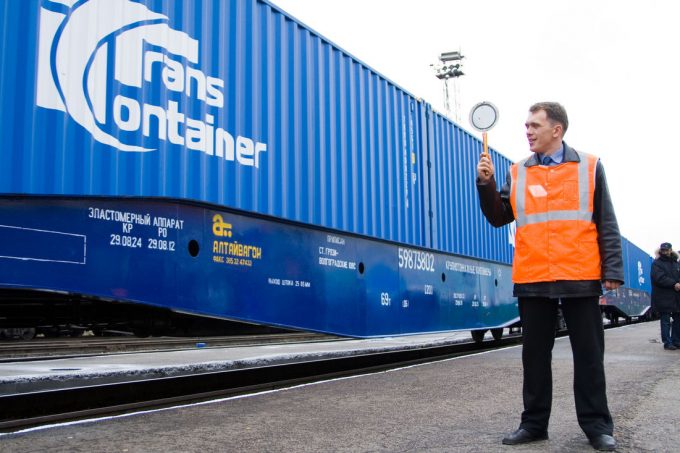Asia-Europe container volumes up 17% in two years
Despite the continuing sluggishness of most major European economies, the container trade between Asia and ...

Russian intermodal operator TransContainer today posted year-to-date profits that were up almost 100% on 2016.
The news came amid rumours of an MSC investment in the Russian Railways-controlled unit, which is also partially listed on the London Stock Exchange’s Alternative Investment Market.
Nine-month revenues increased 30.7%, year-on-year ...
MSC switches two more Asia-Europe port calls from congested Antwerp
Front-loading frenzy has made traditional H2 peak season 'unlikely'
Tradelanes: Export boom in Indian sub-continent triggers rise in airfreight rates
Carriers introduce surcharges as congestion builds at African ports
Mexican airport modernisation plan unlikely to boost cargo facilities
Ports and supply chain operators weigh in on funding for CPB
Box ship overcapacity threat from carrier appetite for new tonnage
Tradelanes: Overcapacity on Asia-S America impacting alliances and rates

Comment on this article